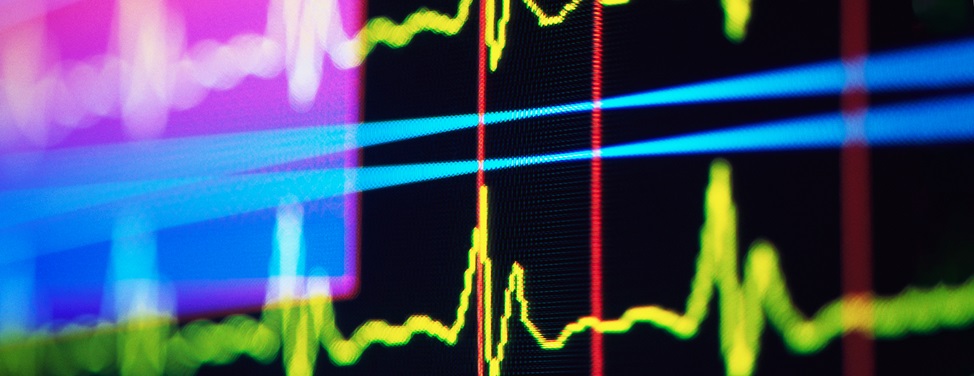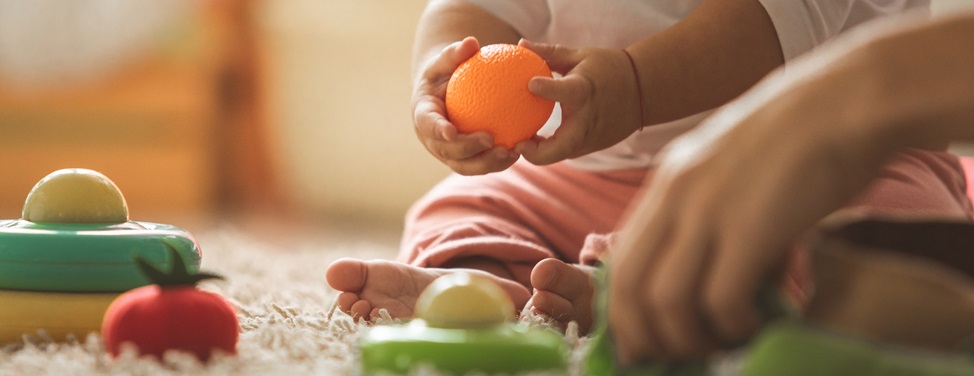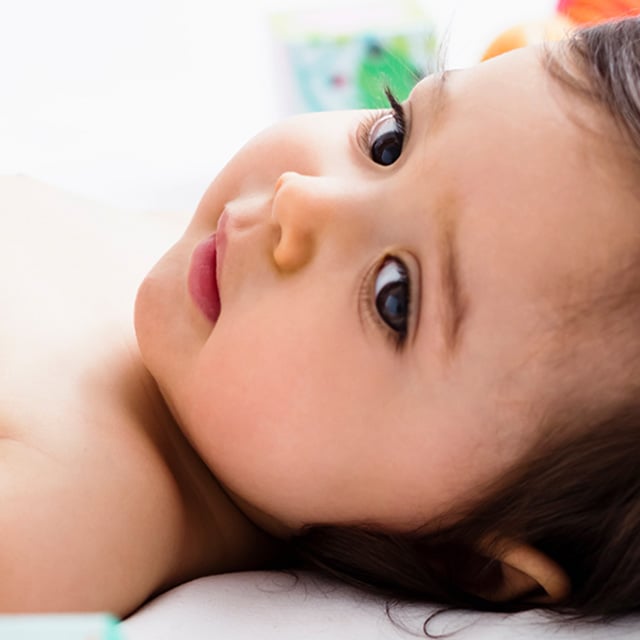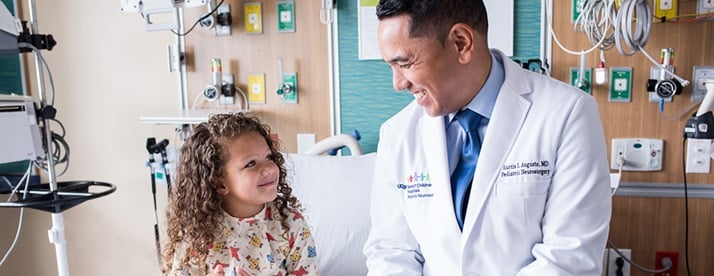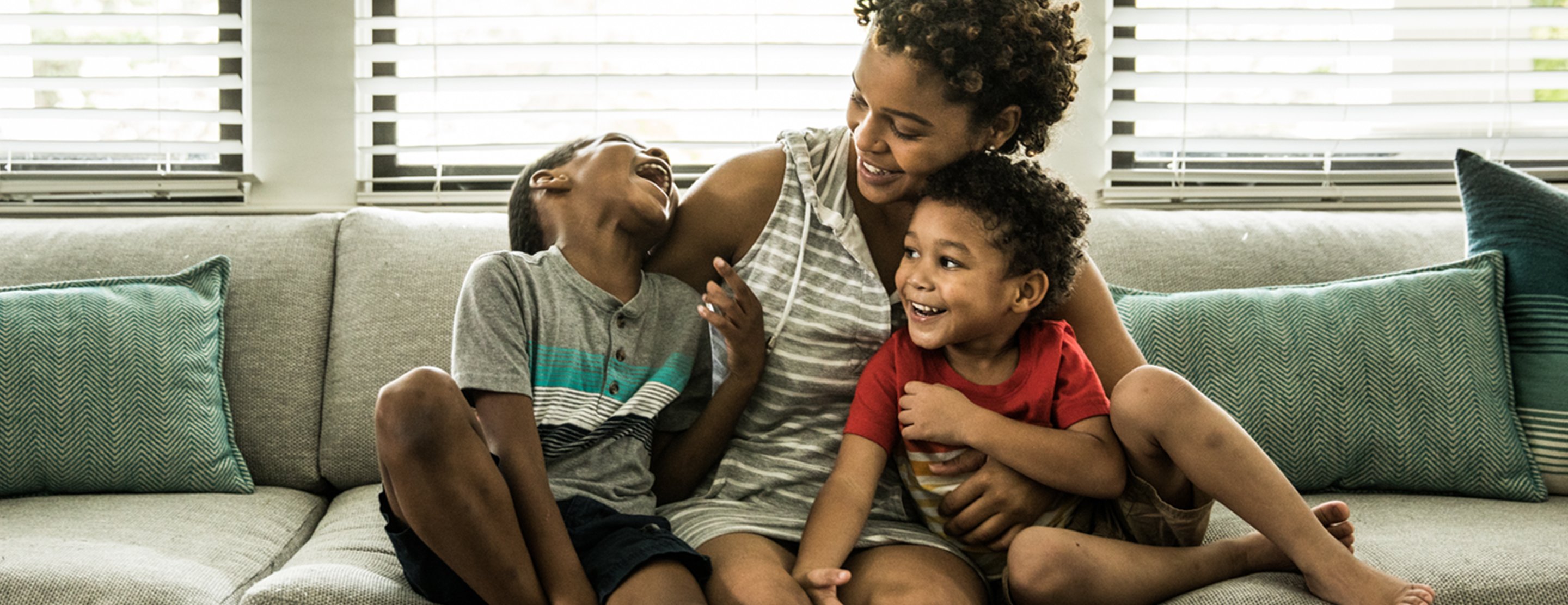
Pulmonary Hypertension Program
The Pediatric Pulmonary Hypertension Program is one of the leading programs of its kind in the United States. Dedicated to improving the quality of life for pediatric patients with pulmonary hypertension (PH), we focus on early detection, state-of-the-art treatment and long-term follow-up care.
We treat all types of pulmonary hypertension, including idiopathic PH, persistent PH of the newborn (PPHN) and secondary PH caused by another condition.
One key to our program's strength is the combined experience and knowledge of many specialists. The team brings together pediatric intensive care specialists, neonatologists, cardiologists, pulmonologists and nurse practitioners, all with expertise in caring for children with PH.
Ours is one of the few nationwide to be accredited as a Center of Comprehensive Care by the Pulmonary Hypertension Association.
Camp for kids with PH
Our Pulmonary Hypertension Family Camp (PHamily Camp) gives children with PH a chance to be active and enjoy experiences that kids who don't have serious illnesses take for granted. At the Painted Turtle camp, they can experience the magic of a campfire and the camaraderie of camp life with the support of a caring camp staff.
PHamily Camp focuses on:
- Empowering children with PH
- Bringing families of children with PH together to share experiences and support
- Providing unique educational opportunities for clinicians from UCSF to engage with families and patients in a safe and open environment
International conference: Neonatal and Childhood Pulmonary Vascular Disease
UCSF hosts this leading conference annually. It brings together experts from around the world to explore our current understanding of the basics as well as new and future therapies for pulmonary vascular diseases in newborns, children and adults. Learn more about the conference and how to register here.
Clinical trials and research
In addition to providing the best available therapies, we're committed to researching promising new treatments. Our patients often have opportunities to participate in clinical trials and are among the first to benefit from the latest findings.
Our locations (4)
Highlights of our heart care

A whole-child approach
We believe in caring for the whole child. This means addressing all of your child's medical needs while also nurturing their emotional, developmental and social well-being.
Built for kids
We're part of a children's hospital, and pediatric heart care is our only focus – we don't treat adults. All our doctors and nurses are specially trained in caring for babies and children, and our facilities and equipment were designed with their needs in mind.
Extra support for patients
Child life specialists are experts in helping kids cope with medical procedures and hospitalization. Using play, education and therapeutic techniques tailored to the child's age and needs, they make the health care experience more positive for the whole family.
Extra support for families
Our Family Resource Center provides information, amenities and comfort to parents and other caregivers, making it easier for you to remain with your child during a hospitalization.
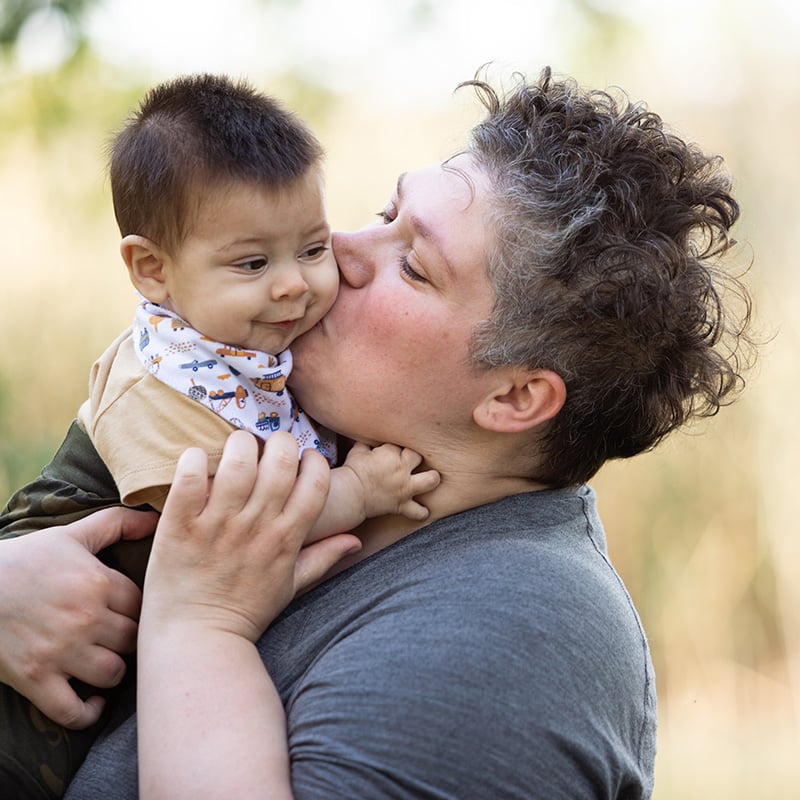
Our team
-

Elena Amin
MD
Pediatric Cardiology -

Elizabeth Colglazier
NP, MS
Pulmonary Hypertension -

Jeffrey Fineman
MD
Pediatric Critical Care Medicine -

Roberta Keller
MD
Neonatology -

Hythem Nawaytou
MBBCH
Pediatric Cardiology -

Claire Parker
NP
Pulmonary Hypertension -
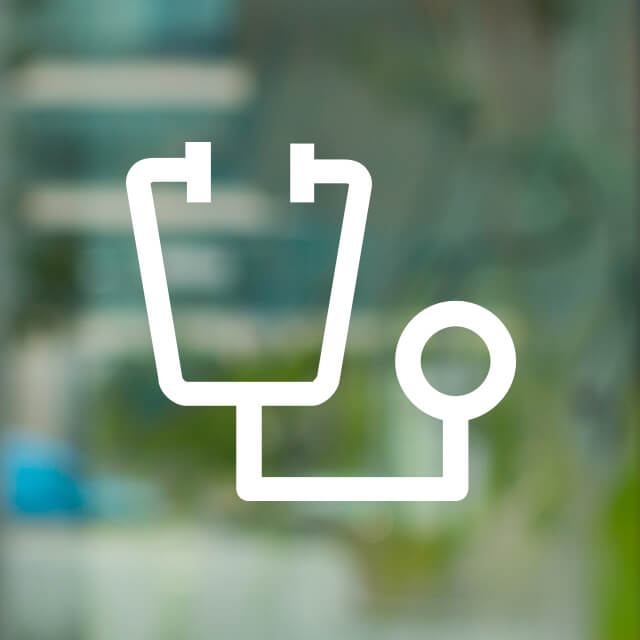
Michael Smith
MD
Pediatric Critical Care Medicine -

David F. Teitel
MD
Pediatric Cardiology
Awards & recognition
-

Ranked among the nation's best in 11 specialties
-
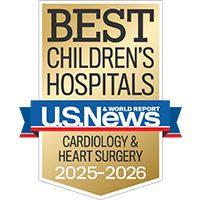
Best in Northern California for cardiology & heart surgery
-
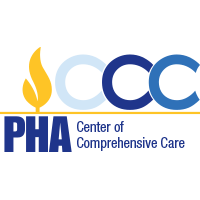
Accredited pediatric center for comprehensive care (Pulmonary Hypertension Association)
Patient stories
Clinical trials
Study to Evaluate Sotatercept (MK-7962) in Children With Pulmonary Arterial Hypertension (PAH) ...
Ctrough was the lowest concentration of Sotatercept in serum just before the next dose. Blood samples will be collected at multiple time points to estimate the Ctrough of Sotatercept.
Recruiting
More about this studyPulmonary Hypertension Association Registry
PAH guideline-recommended diagnostics assessed include chest radiography, echocardiogram, ventilation-perfusion (V/Q) scan, pulmonary function tests, overnight oximetry, and right heart catheterization and identified as either "co...
Recruiting
More about this studyRelated clinics (3)
 20
20
Cardiology Clinic
Plan your visit
What to Bring
- Photo I.D.
- Health insurance card
- Insurance authorization, if required
- Doctor's referral, if required
- Recent test results related to your child's condition
- List of medications, including dosages, plus any your child is allergic to
- List of questions you may have
- Device or paper for taking notes
Need adult care?
Staff superheroes
It’s a bird. It’s a plane. It’s a window washer! Dressed as a superhero to clean and brighten your day.





























